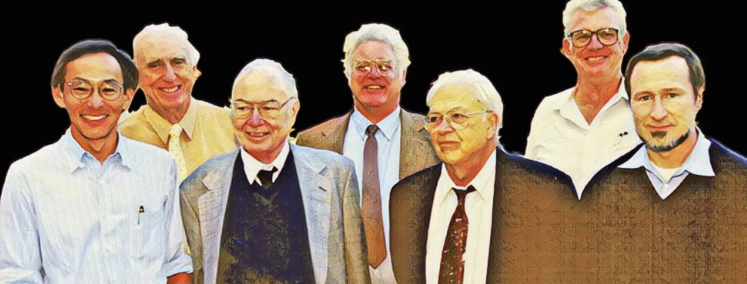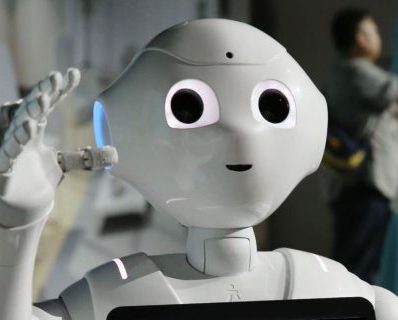
While preparing our students to excel in STEM, we emphasize practical, hands-on learning. We help the students focus on and critique the work and achievements of the leading professors in the universities that the students are applying for. For example, if a student would like to study Physics at Stanford, we help them select the work of one or two of the Nobel Prize winners in Physics at Stanford; we guide the student to understand the work of the professor they select and prepare a presentation and slides on the subject, so that the student would be prepared to take classes with that professor, or attend their lectures.
We guide the students to attend virtual meetings at the departments that they would like to study in. Most of those meetings are still virtual, so the students will be able to attend meetings in several colleges.
For example, we help our students find out about upcoming information sessions, for e.g. Stanford Physics Identity and Equity -PIE, which takes place for three days from October 6 – October 8, 2022; PIE is a virtual event and students will get to interact with prospective faculty at Stanford Physics.
We provide the same opportunities to our students who would like to apply to other schools and other programs.
